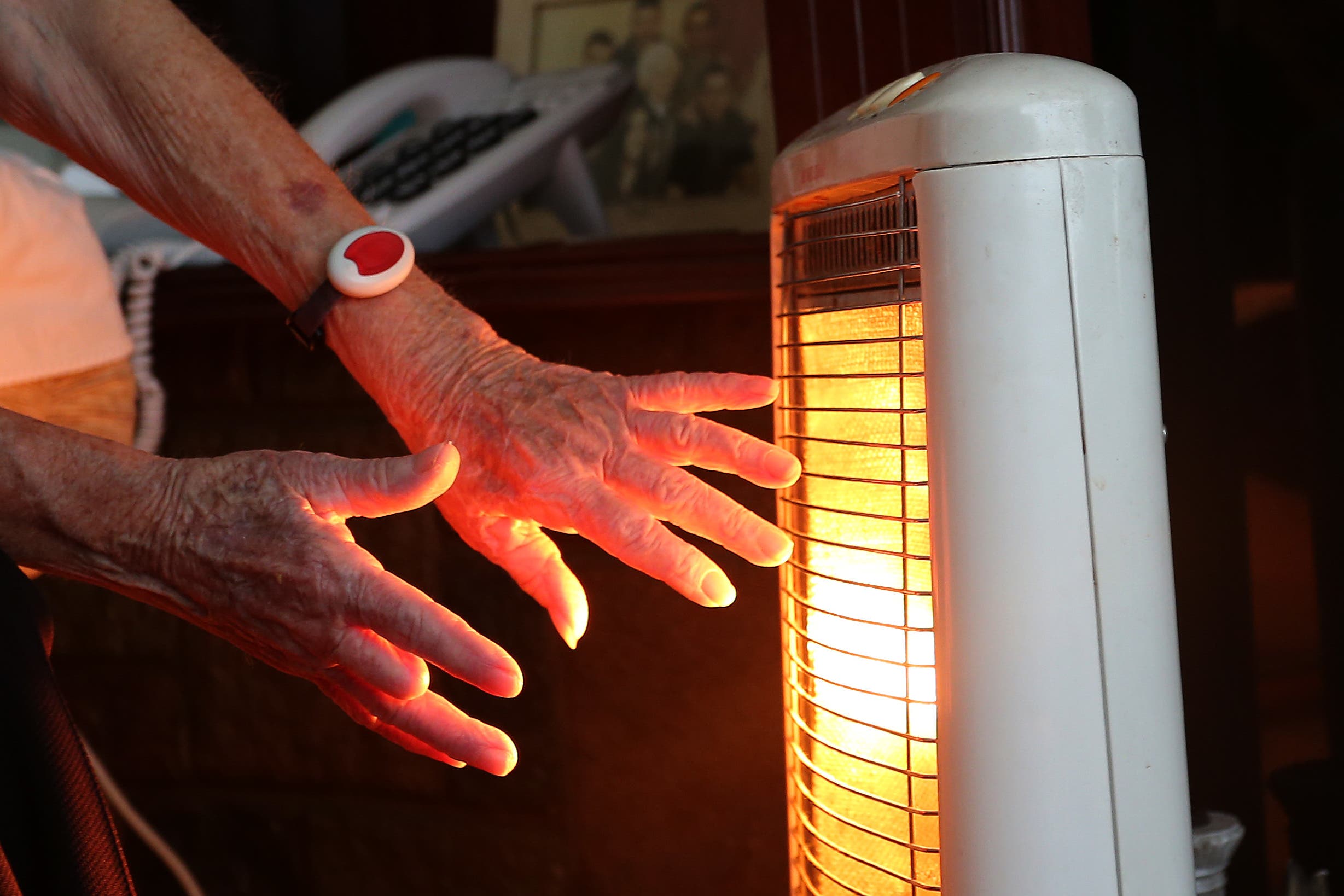More than two million UK households are bracing for a winter without central heating, a staggering 22 per cent rise on last year.
The high figure is driven by fears over escalating energy bills.
The stark reality is particularly acute for those living alone, with one in ten solo residents planning to forgo traditional heating methods. Even families with young children are affected, as five per cent of households with younger offspring indicate they will not switch on their heating.
Overall, more than half (54 per cent) of those unable to adequately warm their homes attribute this struggle directly to the relentless surge in living costs, according to a survey of 2,000 people conducted for comparison site Uswitch.
Almost half of those not turning on their heating (45 per cent) are relying on methods such as wearing extra layers, hot water bottles and heated blankets to keep warm.

A fifth (21 per cent) are using alternatives to central heating including portable heaters, log burners and open fires.
However, more than three quarters of households (77 per cent) are worried about being cold this winter due to high energy prices, with one in six (16 per cent) being “very worried”.
Two in five households (43 per cent) will only turn the heating on if they are too cold, while three in 10 (30 per cent) will only heat some rooms in their home.
The Energy Saving Trust says that, generally, households should turn the heating on when members start to feel cold, and that this is especially important if anyone in the home is older or has a medical condition.
It is often reported that people start heating their home once temperatures regularly drop to 15C and below, which according to the Met Office tends to be around October.
Households are generally advised to set their home thermostat to between 18C and 21C.
Uswitch found that a quarter of households (24 per cent) plan to set their thermostats to a colder temperature than this, while the average has dropped to 18.9C, half a degree lower than last year’s 19.4C.
The average household will turn on their heating on October 1 this year – five days earlier than last year’s October 6.
However, even in mid-September, four million people have already turned on their heating, the survey suggests.
Retired Raquel Griffiths, 56, of Llantrisant, South Wales, who lives alone in a four-bedroom house, said she had bought five 1.2kW ceramic heaters to use in individual rooms when needed.
The heaters had lowered her heating bill “dramatically”.
She said: “With these heaters, I’m only heating the room I’m actually using. I’m on my own in a four-bedroom house, and there’s absolutely no need to heat over 60 per cent of the rooms. I can set the temperature I want, and switch it on just before I need it.
“I’ve noticed my energy bills dropping, especially from February and March last year when I started using these heaters.”
Uswitch said that while this option might work for some households, many could not live without central heating, and it could also risk unheated rooms becoming damp in winter conditions.

Will Owen, energy spokesman at Uswitch, said: “It’s concerning to see that the number of households planning to get through winter without heating has increased by a fifth this year, with solo dwellers most likely to take this drastic course of action.
“Spending winter in a cold home can be bad for your health, and people are advised to set their thermostats to between 18°C and 21°C even when trying to save money.
“If you’re worried about paying your energy bill this winter, please don’t suffer alone. Reach out to your energy supplier, who may be able to offer advice and support.
“Turning off your heating shouldn’t have to be the answer, so see if you can keep your home warmer by cutting down draughts, opting for thicker curtains and adding insulation if possible.
“You can also consider cost-effective ways of staying warm at home.
“Electric blankets are a good way to keep warm, and cost a lot less to run than electric heaters.
“You should also make sure you’re not paying more for your energy than you should by seeing what fixed deals are available.”
A Department for Energy Security and Net Zero spokeswoman said: “We are supporting those who need it most this winter, helping over six million households by expanding the £150 Warm Home Discount.
“We are also investing £13.2 billion to improve up to five million homes over this Parliament, helping families to cut their energy bills for good.”
Opinium surveyed 2,000 UK residents between September 5-9.


